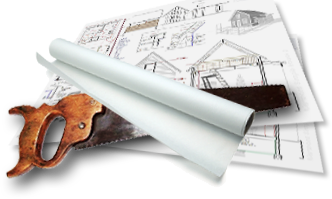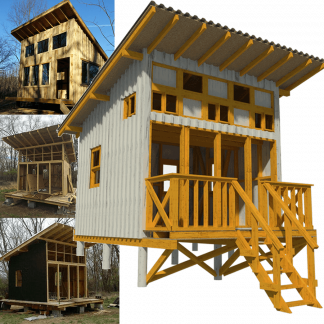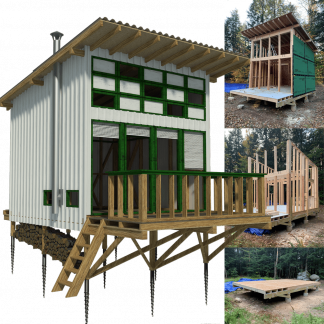Is your generator showing noticeable signs of its performance dropping or giving you more and more issues every month? Maybe it needs a thorough service, or it might be time to put it to rest and get another one. Industrial generators, which are normal diesel generators, are usually pretty durable and can last a long time. This is one of the reasons why most businesses get them.
But like everything, all good things come to an end. Buying a diesel generator is a significant investment, so, it’s understandable to rather do all you can to repair it. Here are some signs that may mean you need to have your generator replaced.
- It’s giving you regular problems
When a generator starts giving you regular system errors and shutdowns, then there’s a sign that something serious has gone wrong with it. At times, some maintenance may be able to fix the issue if you’re able to find it. But it’ll only be a temporary fix.
Maintenance is supposed to be preventative to ensure that your generator continues to function at optimal performance. Over the years, the parts of a generator may wear down and malfunction, causing it to start acting up. The most noticeable signs would be power fluctuations, a slower start-up, or an overall reduced power output.
These issues affect other aspects of the generator, too. For example, it may start using more fuel to perform at the same level, increasing your operational costs. When you buy a diesel generator, you’re doing so for reliability. But a generator like this is no longer reliable. Making it a clear sign that it may be time to replace it.
- It’s an outdated system
One of the most common reasons for a generator needing to be replaced is age. Whether it’s the technology that’s too old or the generator having performed over the suggested 30,000 hours, secondly, older diesel generators might consume more fuel, making them less cost-effective to run. Newer diesel generators consume much less fuel than the measure of power they output, which makes them a better investment.
If you notice your older generator’s performance starts to dip, whether it’s running at a slower rate or chewing more fuel than normal, the first step would be to get it inspected and repaired if possible. Unfortunately, you might not find parts for certain old generators, so replacing them is the wiser choice.
- It’s using fuel excessively
When generators start using too much fuel, it’s a sign of a problem. Most generators should use a similar amount of fuel consistently from year to year, If you notice this level fluctuating, it might mean that the generator is on it’s way out. Overtime, the parts of a generator wear down, making it operate less efficiently. Replacing your older generator will not only solve this issue, but also give you a better means of monitoring the generator and newer, more fuel efficient technology.
- The power output is irregular
Generators should consistently provide you with an accurate, stable level of power. If you notice this output wavering, it’s probably time to start shopping around for a new one. In this situation, it’s best to have a professional look at your generator to try to find the cause of the issue. It may be something simple or not. To make sure, we recommend hiring an expert to analyse the generator and get to the bottom of the issues that are occurring.
Tips to prevent your generator from breaking down
Prevention is always better than replacement because replacing a diesel generator isn’t cheap. So, to improve the chances of our generators lasting, we need to care for them well. Here are some tips to maintain your generator:
- As a rule of thumb, a diesel generator should receive service every 6 months or every 400 hours of run time
- Keep your filters clean, particularly if you work in a dusty area
- Inspect the battery, ensuring that it’s still supplying steady power and that there are no issues with it
- Ensure that the generator has adequate ventilation and keep it free of dust as best you can
- Leaks can affect how well the generator operates. Every few days, give the generator a look over and inspect for any leaks
- Make sure there’s enough coolant to keep the generator cool as it runs
- Contact a professional to inspect, analyse and report on the generator’s condition
Get your New Generator from Renteca
So, you have to buy a new generator? Where do you start? There are a lot of generators out there in the market, but we urge you to stick to named brands with a good reputation, such as Renteca generators.
Final Thoughts
Like all engines, generators have a run limit. In most cases, this is around 20 to 30,000 hours, depending on the size of your generator. With good maintenance, you might get more time on your generator. However, when the time comes to replace your generator, don’t hesitate. It might cost you more in issues than buying a new one would. Keep an eye out for the points above so you know when the right time comes to replace your generator.








